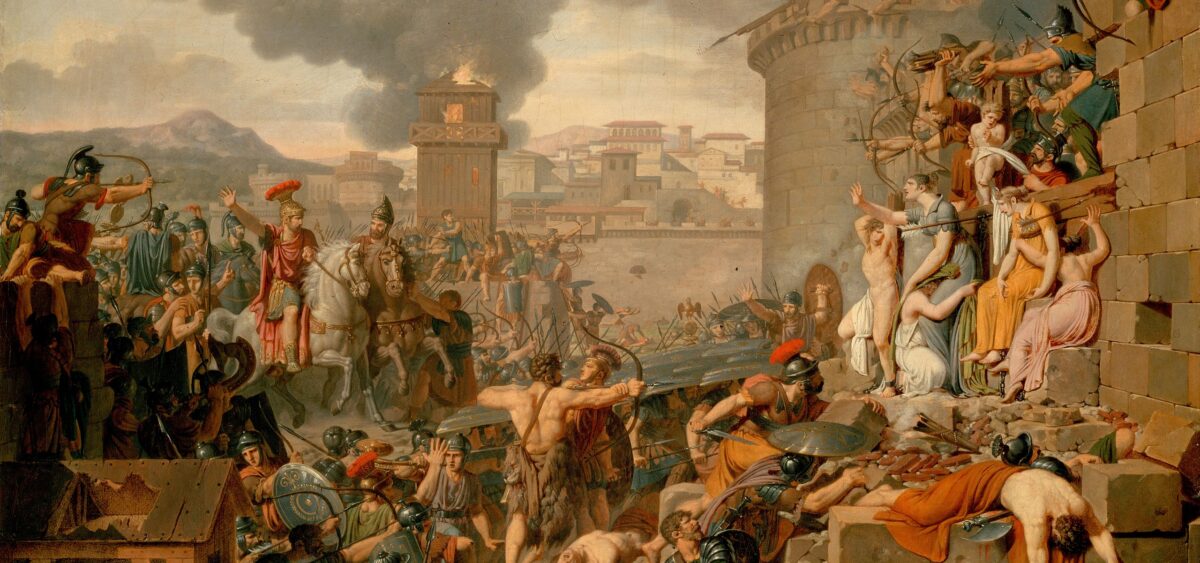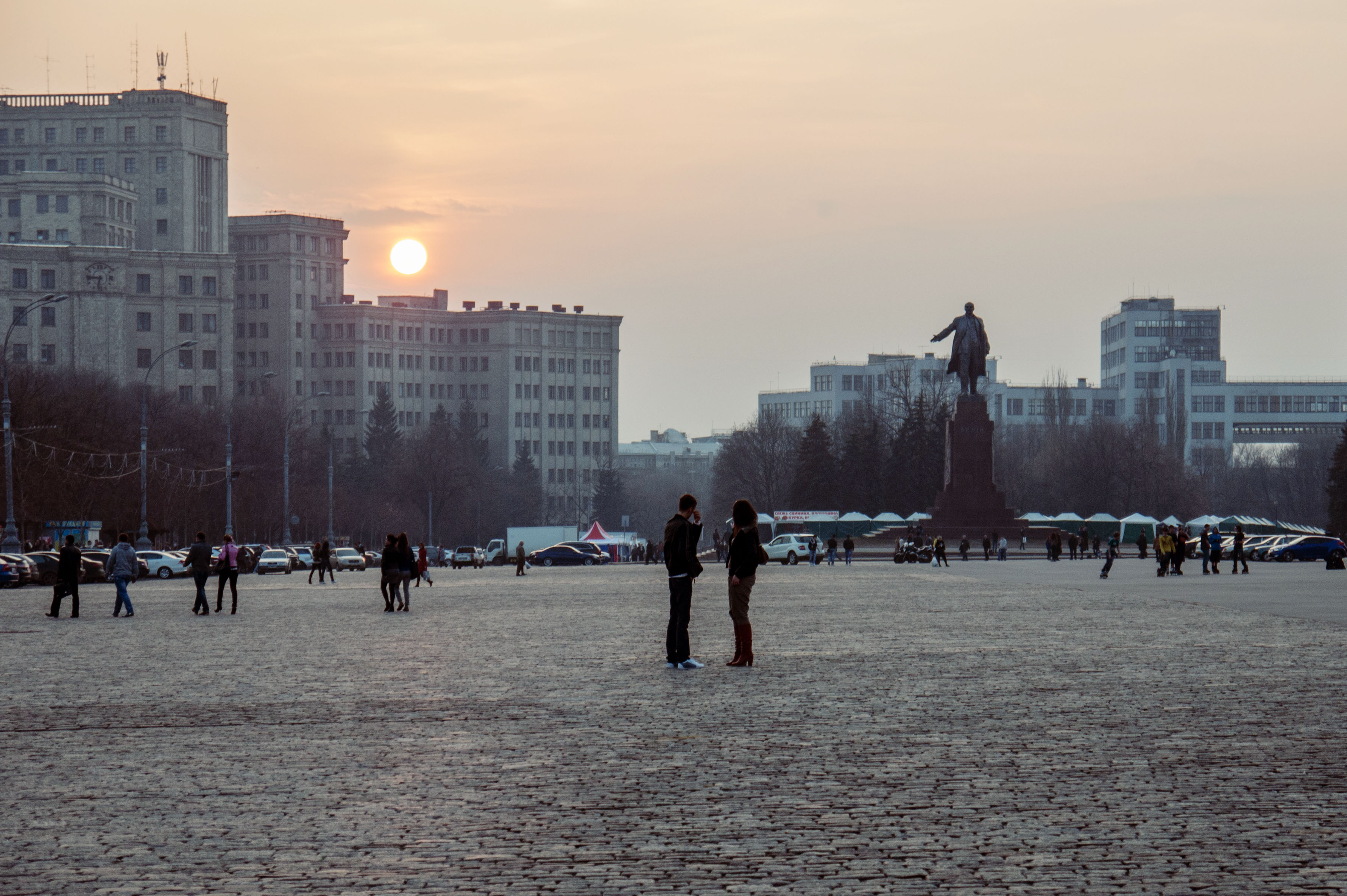
There are three common explanations: first, that all conflicts arise from disputes over territory and resources; second, that they spring from our inherent aggressive tendencies; third, that masculinity and the patriarchy are to blame. But are any of these hypotheses entirely plausible?
The celebrated historian Arnold J. Toynbee affirmed that militarism was generally the downfall of many civilizations during the last four or five millennia. Circa 2350 BCE, various conquests by Lugalzagesi from the Sumerian city-state of Umma resulted in the first political system of an imperial nature. Back then, events were already unfolding according to a pattern that would subsequently recur throughout human history. Conquering and controlling more territory requires immense, irreversible energy expenditure. Sooner or later, the way of expansion and violence will lead to self-destruction.
Once a permanent army has been assembled, there is a temptation to quash internal unrest and rebellion with threats or actual violence. Lugalzagesi was defeated by Sargon the Great. After Sargon’s death, insurgencies broke out in Sumerian cities, and Sargon’s successor, Rimush, was assassinated. Imperial militarism erodes a country’s culture and economy, resulting in a vicious circle: levying the taxes needed to maintain constant combat readiness angers the populace; controlling an irate populace requires a larger army; and a larger army requires even higher taxes. Attacks by “barbaric” nomads often led to the demise of ancient political entities, weakened by this type of internal contradiction.
Land of Discord
This brings us to an interesting point that might explain some of humanity’s oldest-known armed conflicts. Presumably, from the time of the Neolithic Revolution, wars and massacres were often the outcome of disagreements over land and property. Settled villagers who made a living from farming plants and animals would treat the land as their own; it was enough that they had tilled it and toiled on it. Nomadic hunters and shepherds, meanwhile, probably disagreed with this notion of property (e.g., we know that the Ojibwe people of North America saw the earth as their mother and considered it absurd for anyone to claim exclusive ownership). Nomads





